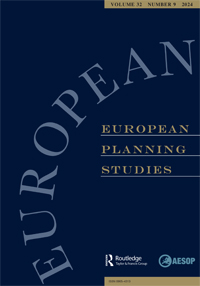Amir Maghssudipour is Assistant Professor of Management at the Department of Economics and Management, University of Padova, specializing in the intersection of sustainability and innovation within firms and territorial systems like industrial districts and clusters. Recently, his research has delved into the realm of renewable energy communities, exploring their role in driving the sustainability transition.
PAST4FUT – Resolving the Retrovation Paradox: Leveraging the Past for a Sustainable Future
What is retrovation
The concept of Retrovation (also known as Retro-Innovation) refers to an innovation that intentionally draws on historical knowledge by reviving past practices, ideas, products, or technologies. Unlike simple reuse, Retrovation requires a clear innovation, using the past not just as inspiration but as a foundational element in creating novel solutions.
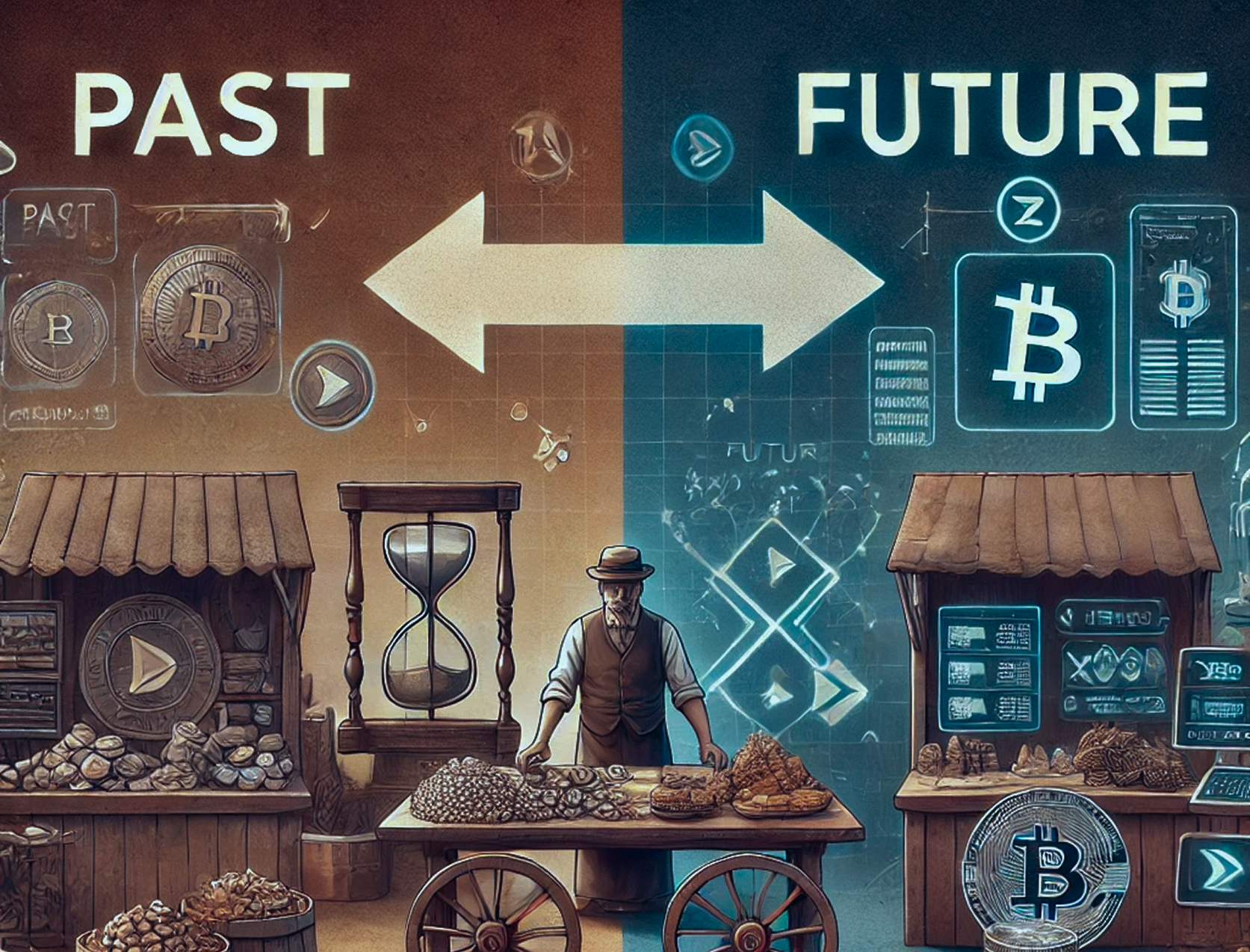
Our project – PAST4FUT
In a world where the future is deeply connected to the sustainable management of resources, Retrovation offers a pathway to innovate by revisiting and integrating environmentally friendly, socially responsible practices from the past, enhanced by modern technologies and knowledge. This approach allows us to create sustainable and resilient futures by harmonizing historical wisdom with contemporary needs.
The potential of Retrovation is extensive: it encourages efficient resource use, reduces waste, adapts to modern requirements, promotes place-based solutions, strengthens resilience, and supports circular economy principles. Additionally, Retrovation fosters interdisciplinary collaboration, drawing on ideas and expertise from diverse fields to generate novel solutions. By intentionally blending past knowledge with present capabilities, Retrovation promotes innovative synthesis, enhances problem-solving, and increases adaptability.
An important contribution of this project is the application of the Retrovation framework to study how organizations can respond to urgent global challenges such as climate change, biodiversity loss, and human health. This approach emphasizes not only the revival of past practices but their intentional recontextualization to address today’s most pressing issues, creating integrative and sustainable solutions.
This project is supported by the University of Padova, Deparment of Economics and Management (dSEA), under the Project SID 2023 ‘Resolving the Retrovation Paradox: Leveraging the Past for a Sustainable Future – PAST4FUT’.
Aim of the project
Even if limited, existing literature on Retrovation highlights different perspectives. On one hand, it recognizes that Retrovation presents an original opportunity for innovators and businesses to draw upon historical knowledge to create original, impactful solutions. On the other hand, the field lacks systematic methodologies to effectively drive this process.
Most studies focus on how past practices can be revitalized by incorporating new technologies to meet current needs. However, these case studies are often narrow in scope and fail to explore the full potential of Retrovation in contributing to sustainability. They do not provide a comprehensive understanding of the role that Retrovation can play in achieving sustainable goals, often addressing only isolated issues, which leads to limited managerial implications and partial public policy recommendations.
In this context, this project aims to bridge this gap by creating a substantial database of cases that will offer a more complete understanding of the organizational drivers and environmental factors supporting the development of Retrovation opportunities. A key aspect of this research is applying the Retrovation framework to study how organizations can address critical global challenges such as climate change, biodiversity conservation, and human health.

Team
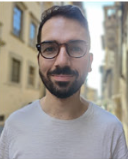
Amir Maghssudipour
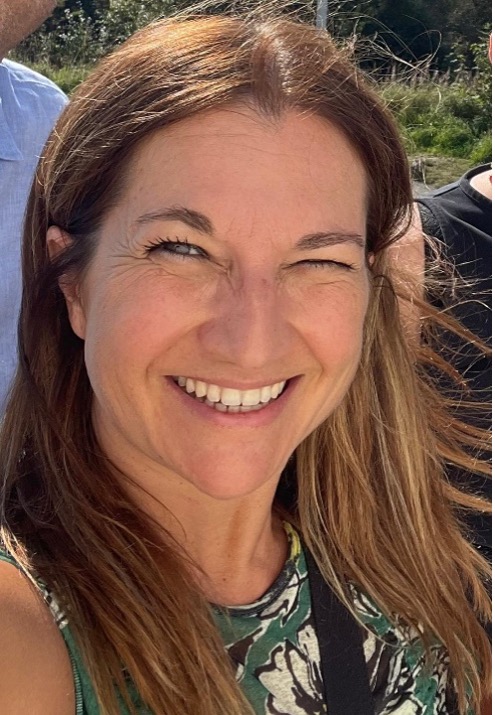
Silvia Rita Sedita
Prof. Silvia Rita Sedita Ph.D. Economics and Management of Small firms and Local Development (2001-2004), since 2022 she is Full Professor in Management at the University of Padova, where she teaches Sustainable Business Models, Sustainable Marketing and Innovation, Economics and Management of Innovation. Her research agenda includes issues within the field of management of innovation in inter-organizational networks, with a special focus on sustainable entrepreneurship and innovation ecosystems. During the years, she has been involved (also as Principal Investigator) in a number of national, international and EU research projects, and she spent several periods of study and research abroad. She published articles and book chapters in national and international outlets in the field of inter-organizational networks for innovation in clusters and industrial districts, innovative entrepreneurship and sustainability.
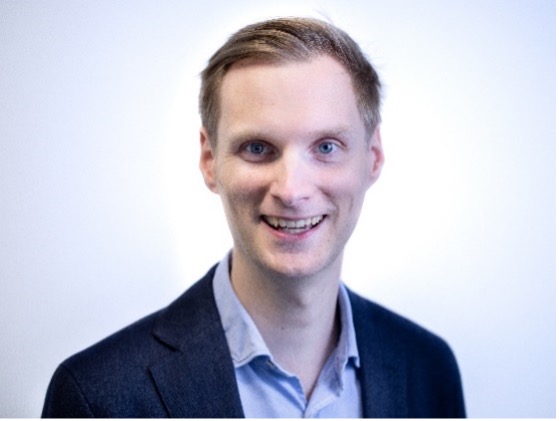
Nils Grashof
Nils Grashof is a postdoctoral researcher at the Chair of Microeconomics at the Friedrich Schiller University Jena, Germany. His thematic and application oriented focus lies in the areas of economics of innovation (e.g. radical innovation), effects of clusters and value adding networks as well as sustainability transitions.
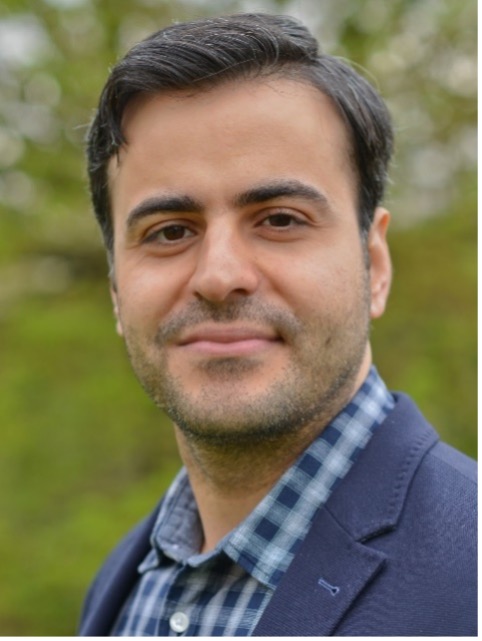
Milad Abbasiharofteh
Dr. Milad Abbasiharofteh is an Assistant Professor in the Department of Economic Geography at the University of Groningen, Netherlands. His research interests intersect technological change, innovation policy, and regional development. Dr. Abbasiharofteh elucidates how regions can cultivate innovation and steer sustainability transitions through complex knowledge networks. Leveraging machine learning tools, he analyzes firms’ web texts, offering insights to identify and map longitudinal trajectories of regions towards a green and digital transition.
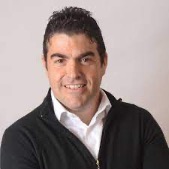
Ivan De Noni
Ivan De Noni is an associate professor in Business and Innovation Management at the Department of Environmental Science and Politics of University of Milan. His research studies focus on Regional Innovation Systems and interregional collaborations, Knowledge transfer and Innovation Management, Smart Specialization Policies and Green Innovation.
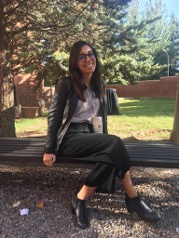
Silvia Blasi
Silvia Blasi is an Assistant Professor at the Department of Management at the University of Verona since December 1st, 2021. Her main research interests focus on: Sustainable Innovation, social entrepreneurship and B Corps and circular economy.

Karolina Crespi Gomes
Dr. Karolina Crespi Gomes is a PhD Research fellow at the Department of Economics and Business Management at the University of Padova, Italy. She is interested in waste management, zero waste movement, and sustainable innovation and transitions.

Elisa Sabbadin
Publications
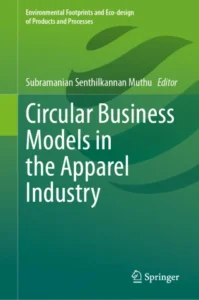
Circular Economy Dynamics in the Apparel Industry: The Emergence of “Retrovation”
News

Circular Economy Dynamics in the Apparel Industry: The Emergence of “Retrovation”
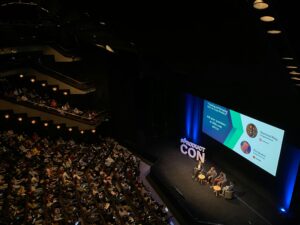
Outside the Box: Exploring Unconventional Paradigms in Innovation
R&D Management Conference 2024
Let’s discuss
on something cool
together
- info@retrovation.net
- Via del Santo 33, 35123 Padova
- Via del Santo 22, 35123 Padova
- Via Ugo Bassi 1, 35123 Padova


